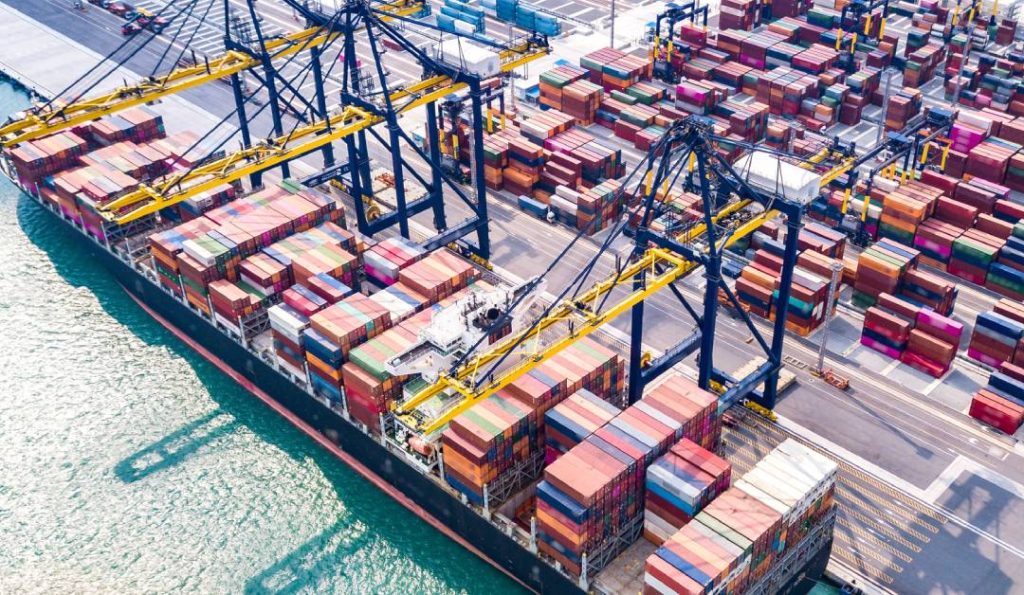Bharat to Abroad: Exporting Indian Products Internationally

In recent years, there has been a growing interest among Non-Resident Indians (NRIs) in promoting and exporting Indian products internationally. The rich cultural heritage and diverse range of products from India have gained popularity worldwide. This blog aims to guide NRIs on how to navigate the process of exporting Indian products abroad, turning the dream of globalizing Indian goods into a reality.
Understanding the Market
Before diving into the export business, it’s crucial to conduct thorough market research. Identify the demand for specific Indian products in the target country. Analyze the competition, consumer preferences, and any regulations that may affect the export process. This step will help in tailoring products to meet the expectations of the international market.
Compliance and Regulations
Exporting goods internationally involves complying with various regulations and standards. Familiarize yourself with the export laws and regulations of both India and the target country. This includes understanding packaging requirements, labeling standards, and any certifications needed for the products. Compliance is essential for a smooth export process and to avoid any legal complications.
Product Adaptation
Adapting products to suit the preferences of the international market can significantly enhance their appeal. Consider factors such as packaging, sizing, and labeling to meet the standards of the target country. This may involve collaborating with local designers or experts who understand the cultural nuances and preferences of the international audience.
Building a Strong Network
Networking is a key component of successful exporting. Establish connections with distributors, retailers, and potential customers in the target country. Attend trade shows, business events, and networking sessions to build relationships with key players in the industry. A strong network can open doors to new opportunities and help overcome challenges in the export journey.
E-commerce Platforms
In the digital age, e-commerce platforms provide a powerful avenue for international trade. Create an online presence through platforms like Amazon, eBay, or specialized marketplaces that cater to your product niche. This allows for a direct reach to customers abroad, simplifying the distribution process.
Quality Control
Maintaining consistent product quality is essential for building a positive reputation in the international market. Implement stringent quality control measures to ensure that products meet international standards. This includes regular inspections, testing, and feedback mechanisms to address any issues promptly.
Logistics and Shipping
Efficient logistics and shipping are critical for successful exports. Choose reliable shipping partners who can handle the transportation of goods seamlessly. Factor in shipping costs, delivery times, and any customs procedures that may impact the transportation of products.
Promoting Indian Culture
One of the unique selling points of Indian products is the rich cultural heritage associated with them. Use this to your advantage by incorporating cultural elements in marketing strategies. Highlight the traditional aspects of the products, share the stories behind them, and engage in cultural exchange initiatives to create a distinctive brand identity.
Exporting Indian products internationally as an NRI is a challenging but rewarding endeavor. By understanding the market, complying with regulations, adapting products, building a strong network, utilizing e-commerce platforms, maintaining quality control, and mastering logistics, NRIs can contribute to the global recognition and appreciation of Indian products. With determination, strategic planning, and a commitment to promoting the essence of Bharat, the journey from Bharat to Abroad can lead to a successful and fulfilling export venture.







